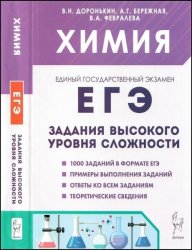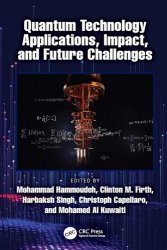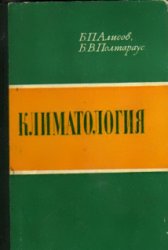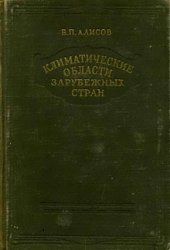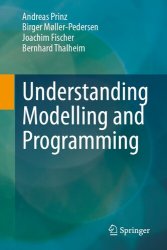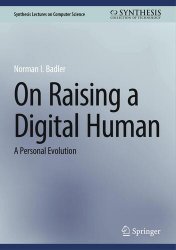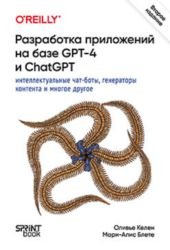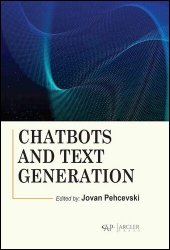 Название: Chatbots and Text generation
Название: Chatbots and Text generationАвтор: Jovan Pehcevski
Издательство: Arcler Press
Год: 2024
Страниц: 490
Язык: английский
Формат: pdf (true)
Размер: 50.9 MB
Chatbots such as ChatGPT are based on language models developed by using AI techniques. They are based on the Generative Pre-training Transformer (GPT) architecture and are trained on a huge amount of text data. This book edition covers different topics from chatbots and text generation, including: chatbots functioning, chatbot applications, implementation of text generation models and text generation applications.
Artificial Intelligence (AI) is in the full swing of its development, as different companies are developing solutions and tools that can help in everyday work. One such tool, the new online sensation ChatGPT, is an online chatbot from the company OpenAI. Interacting with this chabot is in such great demand that their servers sometimes cannot handle so much traffic, which is being worked on rapidly. Text generation produced by ChatGPT and similar tools has many potential applications, such as in law (drafting contracts), medicine (diagnostics), journalism (news production), education (production of education materials), and science (search and generation of scientific papers).
ChatGPT is a large language model based on the Generative Pre-training Transformer (GPT) architecture and trained on a huge amount of text data. ChatGPT is designed to generate human-generated text that can be used for a wide range of natural language processing (NLP) tasks, such as language translation, text summarization, and question answering.
One of the key features of ChatGPT is its ability to generate coherent and fluent text. When given a query or a starting phrase, this online chatbot can generate a continuation of the text that is grammatically correct and semantically meaningful. This makes ChatGPT particularly useful for creating chatbots, content generation, and other tasks that require natural language generation.
ChatGPT can also be fine-tuned for specific tasks, such as sentiment analysis, named entity recognition, and text classification. Fine-tuning is the process of training a previously trained model on a smaller data set for a specific task. This allows ChatGPT to adapt to the specific domain and language of the task, resulting in more accurate and relevant results.
This book edition covers different topics from chatbots and text generation, including: chatbots functioning, chatbot applications, implementation of text generation models and text generation applications.
Section 1 focuses on chatbots functioning, describing development of an e-commerce chatbot for a university shopping mall; factors affecting consumers adoption of AI-based chatbots; a novel framework chatbot using Machine Learning; a framework for educational domain-based multi-chatbot communication system; and emerging technologies of natural language-enabled chatbots.
Section 2 focuses on chatbot applications, describing a multi-industry analysis of the future use of AI chatbots; a chatbot to support patients with chronic diseases; a smart chatbot for interactive management in beta thalassemia patients; the effects of multi-commerce chatbot interface on source credibility and social presence; and the development of NLP-integrated intelligent web system for e-mental health.
Section 3 focuses on implementation of text generation models, describing enhancing text generation via parse tree embeddings; research and implementation of text generation based on text augmentation and knowledge understanding; an integrated deep generative model for text classification and generation; and rapid text retrieval and analysis supporting latent Dirichlet allocation based on probabilistic models.
Section 4 focuses on text generation applications, describing the automatic question generation system for CET; exploration of cross-modal text generation methods in smart justice; feature extraction and intelligent text generation of digital music; and mining and application of tourism online review text based on natural language processing and text classification technology.
Скачать Chatbots and Text generation
[related-news] [/related-news]
Комментарии 0
Комментариев пока нет. Стань первым!
